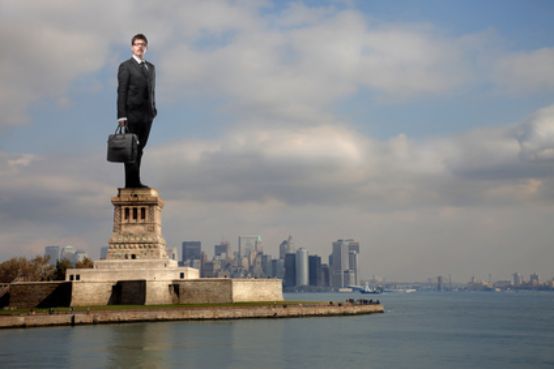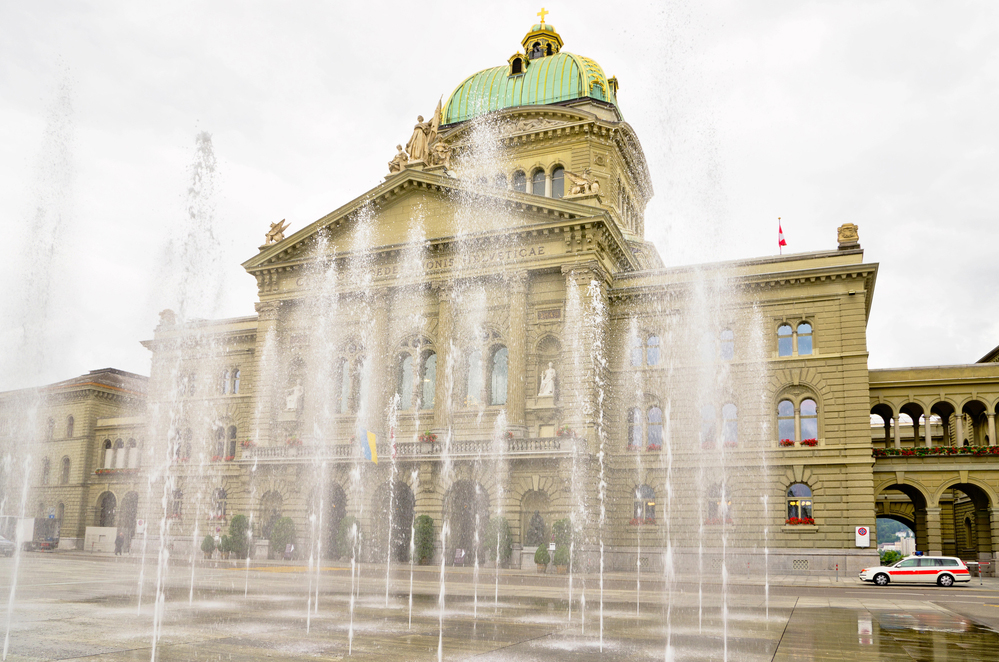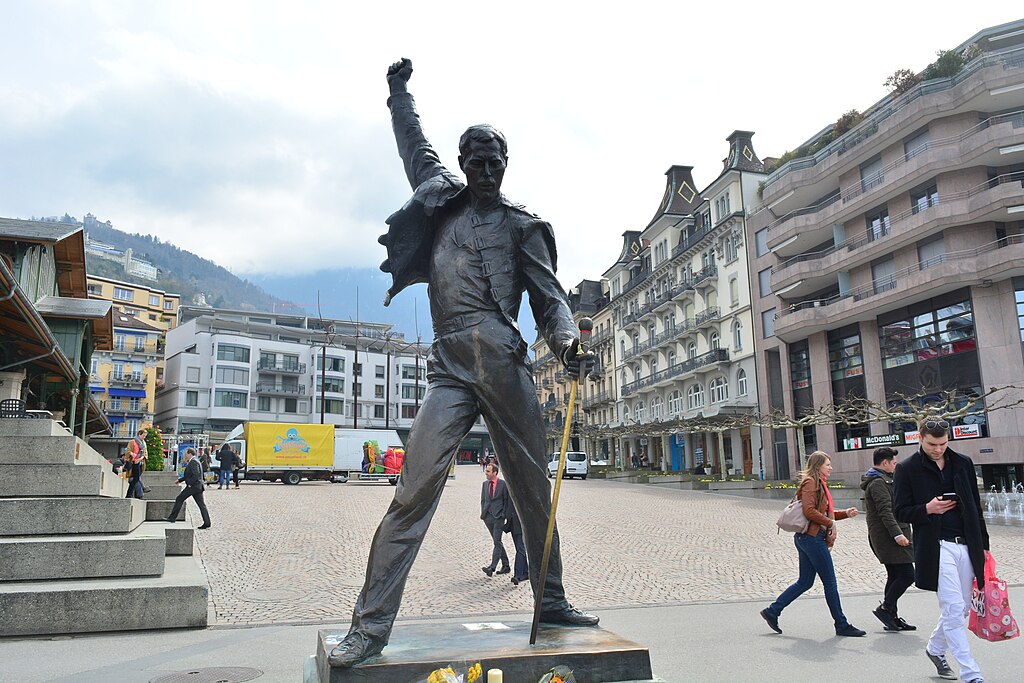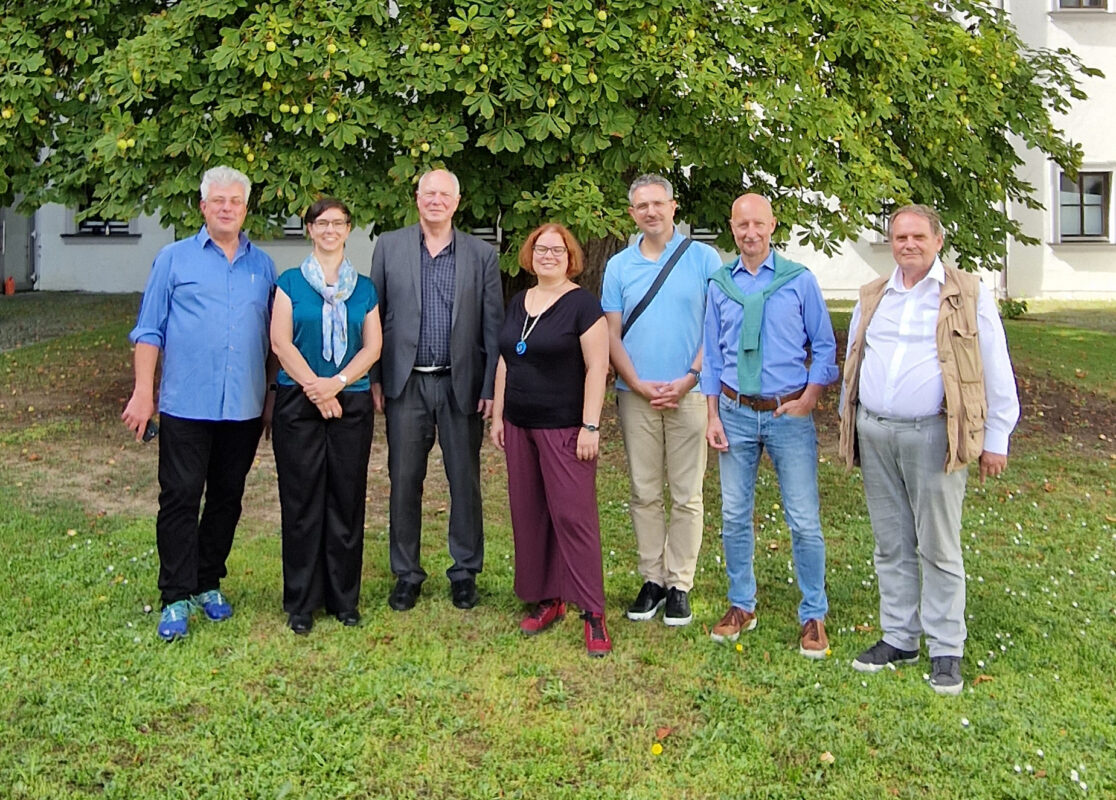Dangers of the TTIP for European cultural life
The General Assembly of the Goethe-Institut unanimously supports the view that culture and education should not be included in the negotiating mandate of the Transatlantic Trade and Investment Partnership (TTIP) between the USA and the EU.

The Transatlantic Trade and Investment Partnership (TTIP) currently under negotiation aims to dismantle customs and regulatory barriers between the USA and the EU in order to stimulate the economies of both partners. Areas of life outside the economy could also be subject to the principles of free global trade.
However, the Goethe-Institut members are convinced that there are other important forms of publicity besides the market. Culture is a public good that deserves and needs public support. The value of artistic productions does not depend on the laws of the free market. The General Assembly of the Goethe-Institut is therefore of the opinion that culture, education and media must be consistently excluded from the TTIP negotiating mandate.
The negotiations between the European Commission and the USA on TTIP are currently being conducted in secret behind closed doors. This is not conducive to strengthening a shared responsibility for Europe. Rather, it gives rise to the suspicion that the independence of culture is at risk. So far, despite public criticism, this suspicion has not been dispelled by the Commission.
The General Assembly of the Goethe-Institut expects the new EU Commission to make its conduct of the negotiations and their current status transparent, to involve the member states and to keep the public fully informed. The Goethe-Institut will maintain close contact with the TTIP Advisory Council set up at the Federal Ministry for Economic Affairs and Energy.








